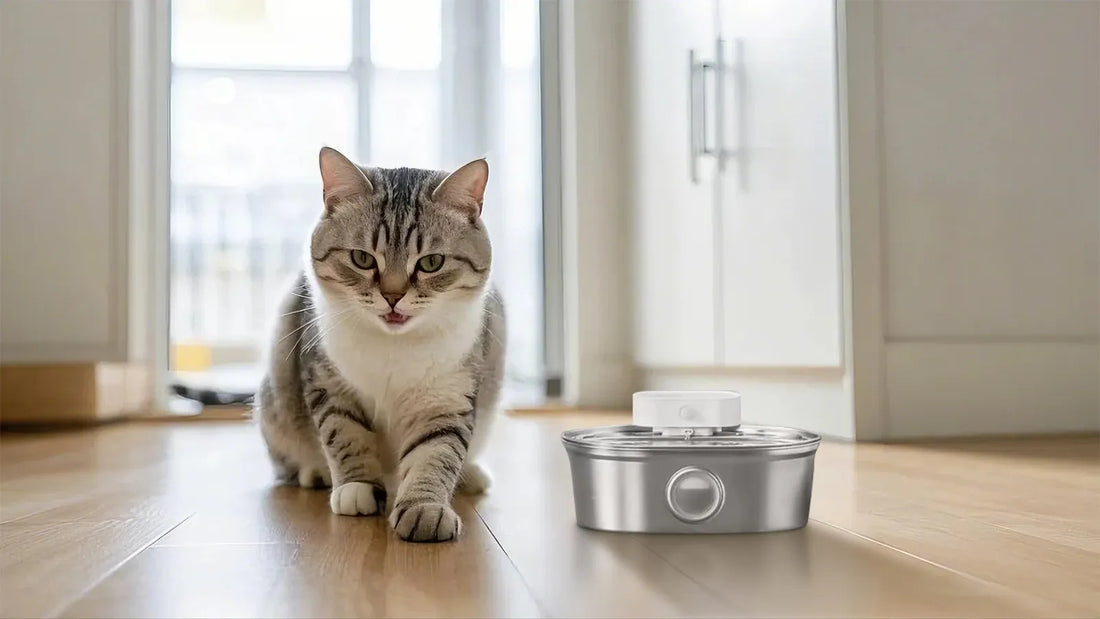Have you ever noticed your dog panting heavily after a walk and wondered if it's normal? While heavy breathing in dogs can be a common occurrence, it's essential to understand the underlying causes and when it might signal a more serious issue. This article delves into the reasons why your dog might be breathing heavily after a walk and provides tips on how to ensure your furry friend stays healthy and happy.
Understanding Normal vs. Abnormal Breathing
First, it's crucial to differentiate between normal panting and abnormal heavy breathing. Panting is a natural way for dogs to regulate their body temperature, especially after physical activity. However, if your dog's breathing seems excessive, labored, or accompanied by other symptoms, it could indicate an underlying problem.
Common Reasons for Heavy Breathing After a Walk
1. Overexertion
One of the most common reasons for heavy breathing after a walk is overexertion. Dogs, especially those that are not used to regular exercise, may pant heavily if they've been pushed too hard. This is particularly true for breeds that are not naturally athletic or for older dogs.
2. Heat and Humidity
Hot and humid weather can make it difficult for dogs to cool down, leading to heavy breathing. Unlike humans, dogs don't sweat through their skin; instead, they rely on panting to release heat. If the weather is particularly warm, your dog may pant more than usual after a walk.
3. Anxiety or Stress
Some dogs may breathe heavily due to anxiety or stress. This could be triggered by unfamiliar environments, loud noises, or even the presence of other animals. If your dog seems anxious during walks, it's important to identify the source of their stress and address it accordingly.
4. Underlying Health Issues
Heavy breathing can also be a sign of underlying health problems such as respiratory issues, heart disease, or obesity. If your dog's heavy breathing is persistent or accompanied by other symptoms like coughing, lethargy, or loss of appetite, it's essential to consult a veterinarian.
When to Be Concerned
While occasional heavy breathing after a walk is usually nothing to worry about, there are certain signs that should prompt immediate veterinary attention. These include:
- Blue or pale gums
- Excessive drooling
- Difficulty breathing even at rest
- Collapse or loss of consciousness
If you notice any of these symptoms, it's crucial to seek veterinary care as soon as possible.
Tips to Prevent Heavy Breathing After Walks
1. Adjust the Intensity and Duration of Walks
Ensure that the intensity and duration of your dog's walks are appropriate for their age, breed, and fitness level. Gradually increase the length and intensity of walks to build your dog's stamina over time.
2. Choose the Right Time for Walks
During hot weather, try to walk your dog during the cooler parts of the day, such as early morning or late evening. This can help prevent overheating and reduce heavy breathing.
3. Keep Your Dog Hydrated
Always carry water for your dog during walks, especially in warm weather. Providing frequent water breaks can help keep your dog hydrated and cool.
4. Monitor Your Dog's Health
Regular veterinary check-ups are essential to monitor your dog's overall health. If your dog has any underlying health conditions, your vet can provide guidance on how to manage them and ensure your dog stays comfortable during walks.
Conclusion
Heavy breathing after a walk can be a normal response to physical activity, but it's important to be aware of the potential causes and when it might indicate a more serious issue. By understanding your dog's needs and taking preventive measures, you can help ensure that your furry friend enjoys their walks without any discomfort. Remember, if you're ever in doubt about your dog's health, it's always best to consult with a veterinarian.
Your dog's well-being is paramount, and understanding why they might be breathing heavily after a walk is a crucial step in ensuring they lead a healthy, active life. Keep an eye on their behavior, make necessary adjustments, and always prioritize their comfort and safety. After all, a happy dog means a happy owner!













